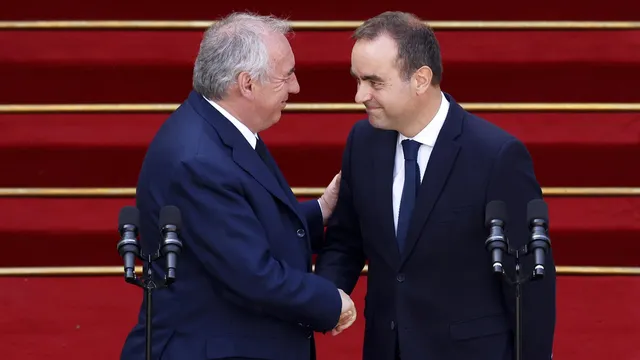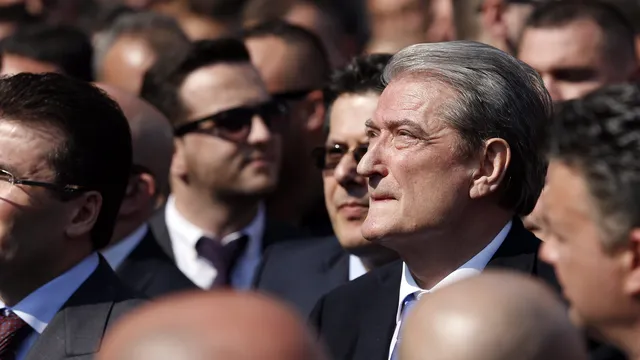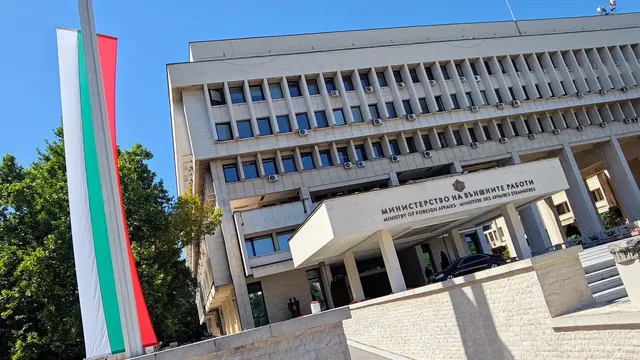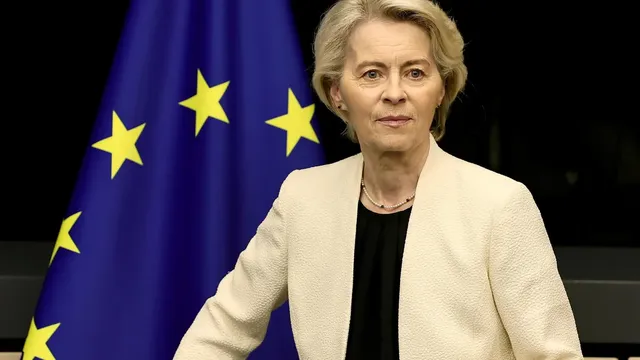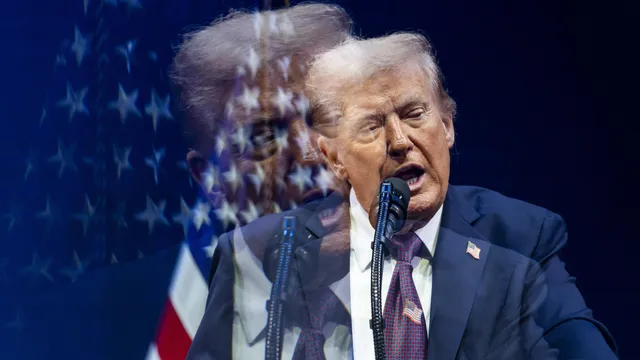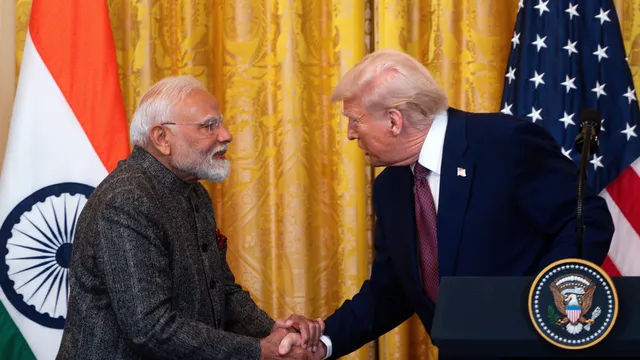France's new Prime Minister Sébastien Lecornu has promised "profound change" from the past after taking over from François Bayrou, who resigned following a vote of no confidence in parliament.
Lecornu faces the difficult task of forming a government with sufficient parliamentary support to avoid its premature collapse.
His first day in office coincided with street protests across France in a sign of popular discontent with President Emmanuel Macron, which led to clashes with police and dozens of arrests, as well as some disruption to transport, schools, and other services.
But the protests, organised by a collective with no clear leader, had an uneven impact across the country, AFP reported.
The president appointed Lecornu, a close ally of Macron and defence minister for the past three years, late on 9 September, just 24 hours after his predecessor, François Bayrou, lost a vote of confidence in parliament over his attempt to implement austerity measures to reduce French debt.
Taking over from the 74-year-old Bayrou, the 39-year-old Lecornu promised to find "more creative" ways than before to work with opposition parties as he tries to build a stable government.
"We will succeed," he said during the handover ceremony.
Le Cornu is the seventh prime minister since Macron took office in 2017 and the third in a year.
An urgent political task will be to draw up a budget for France for 2026 without repeating the fate of Bayrou, who remained in office for only nine months and whose government fell when opposition parties joined forces to bring him down.
Lecornu said he would address the nation "in the coming days" to explain his approach, which will differ from that of the past, and "not only in terms of methods."
Since Macron dissolved parliament last year, successive governments have lacked a majority in the National Assembly, putting them at constant risk of being voted out.
The far-left party La France Insoumise (LFI) has already announced a vote of no confidence against the new prime minister in parliament, without the support of other parties for now.
This morning, France deployed around 80,000 police officers across the country to confront the protesters.
Protesters in Paris and the surrounding area erected barricades from rubbish bins, blocked schools and roads, and pelted police with rubbish early in the morning.
Interior Minister Bruno Retailleau warned protesters that there would be "zero tolerance" for violence.
Despite calls from an informal left-wing coalition of organizers to "block everything," this goal was only partially achieved.
Most high-speed trains ran on schedule, and disruptions to the Paris metro were minimal, operators said.
However, many schools were blocked, and protesters occupied roads and train stations across the country.
In the southeastern city of Lyon, protesters blocked a road through the city and set fire to containers, while in the western city of Nantes, police used tear gas to disperse protesters.
By mid-morning, nearly 200 people had been arrested, most of them in Paris and its suburbs, the interior minister said.
In the southern port city of Marseille, police stopped about 200 demonstrators from blocking a main road.
Macron's decision to appoint a close ally as prime minister was "a slap in the face." "We need change," said Florent, a protester in Lyon.
The decentralized nature of the protests is reminiscent of a previous anti-government movement, the "Yellow Vests," which emerged in 2018 without clear leadership and became a serious test for Macron during his first term.
The head of the Paris police, Laurent Nunez, said he suspects that the protests are being led by the "radical left," which does not enjoy the support of "civil society." | BGNES

 Breaking news
Breaking news
 Europe
Europe
 Bulgaria
Bulgaria
